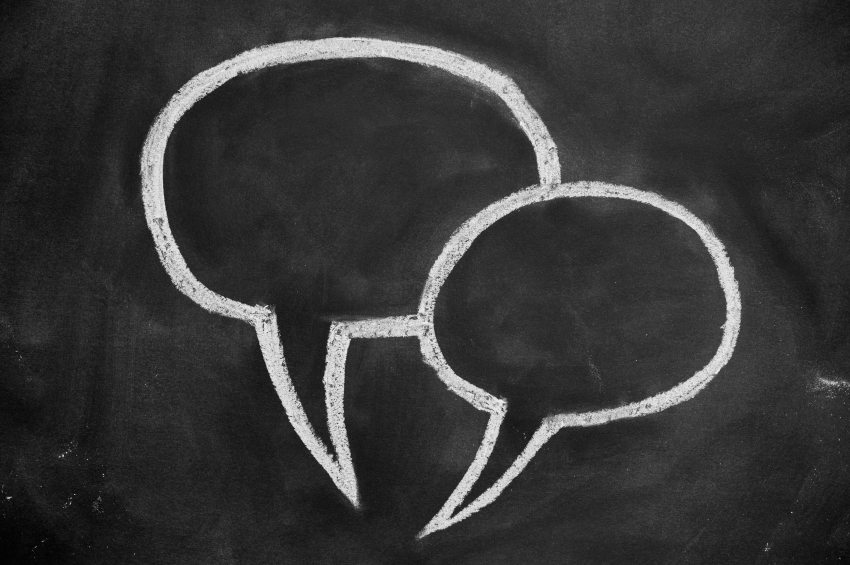While the goal of mediation is to allow parties to resolve conflict and develop mutually beneficial solutions, it’s natural to seek an edge, an advantage that guides the conversation closer to one’s side of the issue. The anchoring effect is a powerful psychological truth that can be employed to this end. What is it, and how does it work?
A Look at Anchoring Outside the Mediation Room
Anchoring is the cognitive bias that influences us to give much greater weight to the first information we receive. Every time you hit a sale at Loblaws or The North Face, you experience the anchoring effect – and a depleted wallet!
Say an item comes with a $50 price tag. That is the anchor, the first piece of information we have about this product. If it’s 20% off, we automatically think we’re “winning.” Like it or not, aware of it or not, our minds continually refer back to that $50 price tag. Anything less is a deal. We don’t usually try to get more objective and ask ourselves, “How much did it cost to produce?”, “Could I make one for less?” Or, “I better check Winners to see if they have any for even less!”
How Old Was Gandhi When He Died?
In a study conducted by Strack and Mussweiler, the psychologists asked half of the participants:
“Did Gandhi die before or after the age of 9?”
They asked the other half:
“Did Gandhi die before or after the age of 140?”
It seems silly; obviously, he was older than 9, and he couldn’t have been 140. Regardless, though, these numbers influenced the answers. The first group guessed an average of 50, while the second guessed an average of 67. The initial number was the anchor, lowering or raising the average answer.
(And if you’re curious, neither group was right: Gandhi died at age 78.)
In another study, researchers created a “Wheel of Fortune” with numbers 0-100. It was fixed to stop only on 10 or 65. Participants spun the wheel, and researchers then asked them if the percentage of African nations in the UN was higher or lower than the number they spun on the wheel. Next, they had to estimate the actual percentage.
The people who landed on 10 guessed about 25% of African nations were members of the UN. And as you might guess, the people who landed on 65 skewed their answers higher, saying about 45%. While the wheel had nothing to do with the real answer, it provided people with a reference point – one that they were unable to put out of their subconscious minds.
“Winning Every Argument”?
Frequently in negotiations, the party that makes the first move – whether a suggestion for a solution or an offer – comes out ahead. That is, the resolution ends up being closer to their original position. Why? Because they’ve set the anchor point for the conversation.
In this infographic, The Gap Partnership calls the anchoring effect the “secret weapon for winning any negotiation.” While the concept is well-explained, using the technique is not a guarantee that you’ll win every argument – particularly if the other party is aware of the effect and has taken steps to mitigate it. It’s well worth noting, that other parties can “reset” the anchors, establishing new points of reference.
Anchoring can easily become a manipulation tool. Researchers Catalan, Lewis, Vincent, and Wheeler asked a group of students to volunteer as camp counselor two hours a week for two years. They all declined. The researchers then asked if they would supervise one two-hour trip. This time, about half agreed.
Now, what happened when the researchers just jumped right to the chase, asking the students if they would supervise the two-hour trip? Only 17% said yes.
Parties can manipulate negotiations by overreaching with their suggestion or offer. Then, like our 20% off sale, the other side feels that any concessions from that initial reference point are a “win”.
Anchoring is a powerful force, an unconscious response to information. It’s not a guarantee of a win, but it is a factor to be aware of when you enter into any negotiations – or retail sales. Using it effectively, and knowing when it’s being used on you, is critical in arriving at a satisfactory result.




